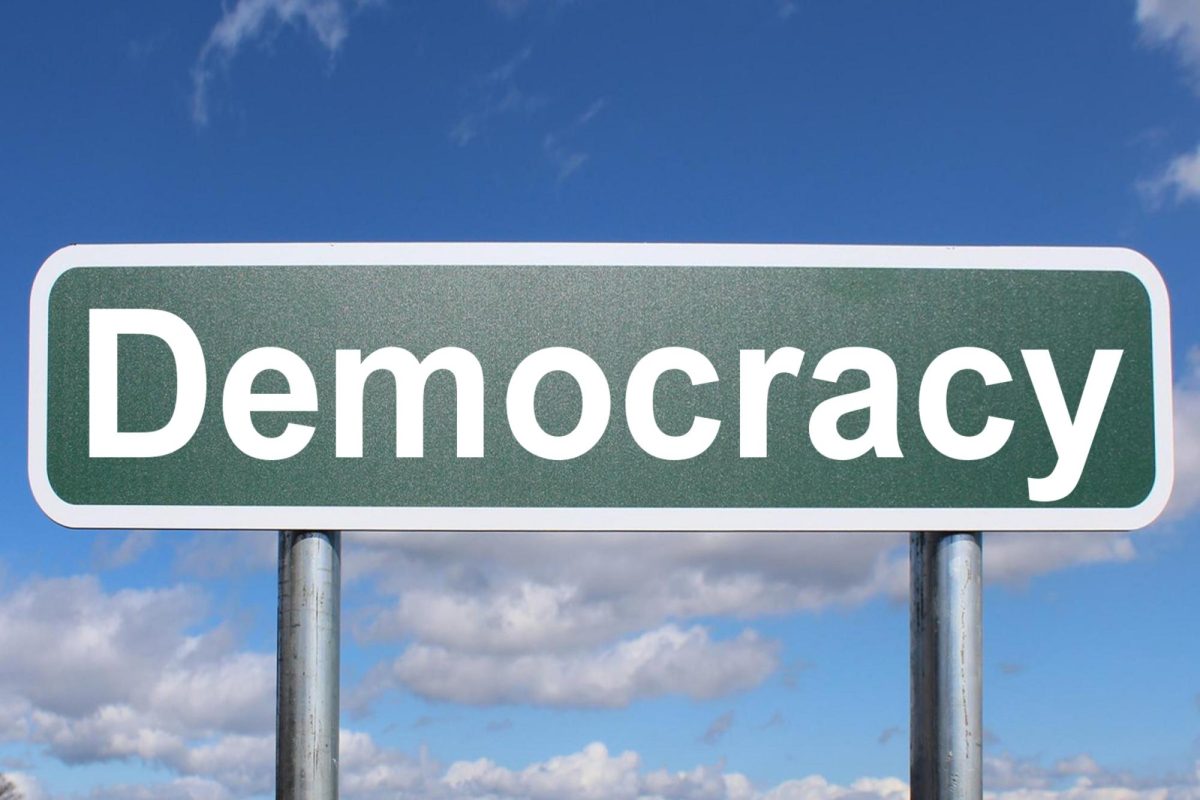
Pix4Free
Civic respect is the missing piece in today's polarized democracy
Election Day is just around the corner. Beyond the grand stages, flashy lights and campaign rhetoric, real political discussions—especially among those who hold opposing views—often devolve into frustrating and disheartening exchanges.
Why is this? The simple answer is that we lack civic respect for one another.
Civic respect means recognizing and valuing the rights, opinions and contributions of everyone in society. It’s about treating others with dignity and fairness, no matter their background, beliefs or political views. This respect is essential for a healthy democracy: an environment where diverse perspectives are acknowledged, civil discourse is promoted and individuals work together for the common good, even amid disagreement.
Lynn Vavreck, a UCLA professor of American Politics and Public Policy, and her colleagues introduced the concept of “political calcification” to describe the current state of American politics. Vavreck explains that calcification is “polarization plus”— that parties are not only more divided but also more homogeneous. This homogeneity makes it even harder for parties to alter their positions because there’s little pressure for change or compromise when they almost always win.
Our growing division and stagnation are compounded by ego. A 2018 study found that two-thirds of Americans believe they possess above-average intelligence. In a world where everyone is encouraged to voice their version of the truth, objectivity is increasingly rare. Political debates have shifted from discussions grounded in facts to battlegrounds of beliefs and values. Whether debating the events of Jan. 6, the reality of climate change or issues around immigration, our conversations often stray from objective analysis to personal attacks.
A survey of Republicans and Democrats reveals that more than six in ten partisans find political discussions with those who disagree with them stressful. This reluctance to engage with opposing views reflects how deeply personal and closely held our beliefs have become. For example, when someone challenges our opinions on issues like the United States-Mexico border, it can feel like a personal attack. Yet, it’s entirely possible to disagree while remaining respectful.
Americans need to adopt a more objective perspective on political issues. Despite the polarization, a survey of 50 political issues—from government spending and law enforcement to the military and abortion—shows that a majority of Americans are actually in agreement on many points. The problem isn’t the people; it’s the politicians who are blowing this division out of proportion for their benefit.
Disagreement is a natural and crucial part of politics. However, avoiding uncomfortable conversations only perpetuates division. These discussions, though difficult, are vital for genuine civil discourse and a healthier democracy.
While politicians and parties may benefit from this division and calcification, average Americans often feel frustrated and disillusioned by the lack of progress. The path forward lies in fostering civic respect—treating one another with dignity, acknowledging diverse perspectives and striving for a more objective view of political issues. By recognizing the common ground we share, we can begin to break the cycle of polarization and rediscover the true power of democracy.